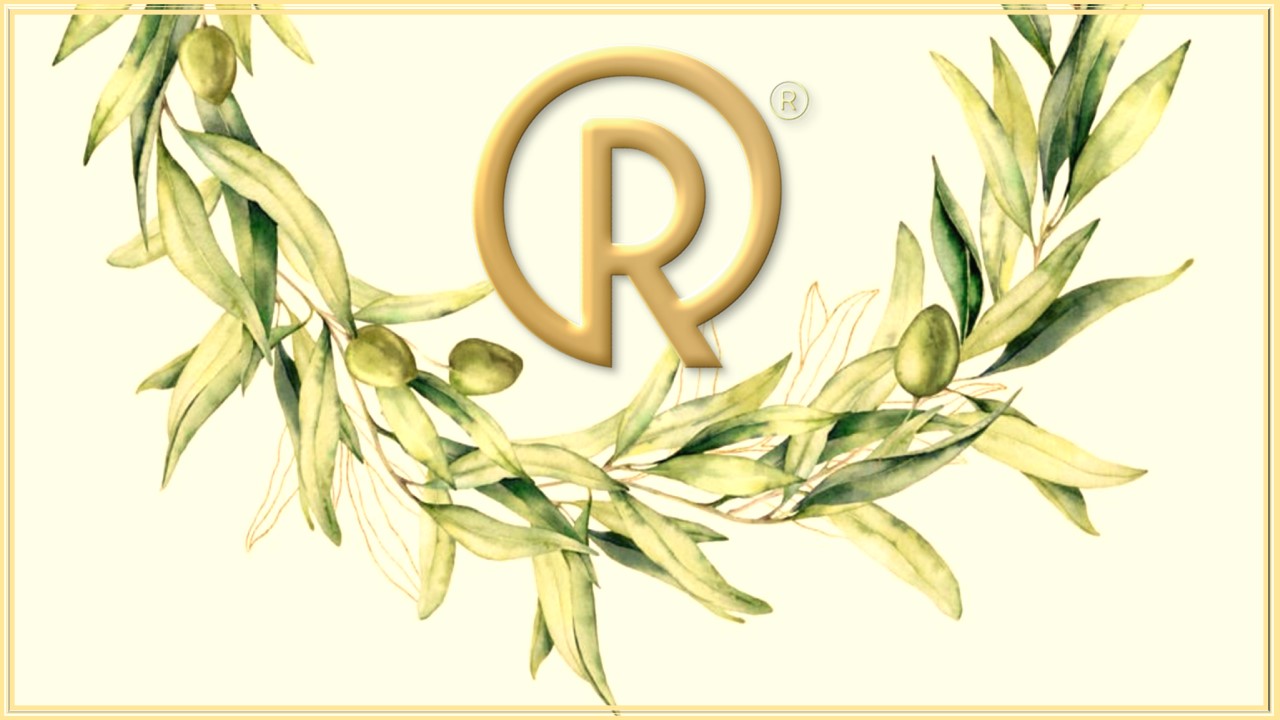
“Olive” – A sacred symbol of divine blessings, peace, purity, prosperity, health, honour, wisdom, resilience, glory and immortality, an eternal link between man and the earth!
In mythology, the olive tree is rich in symbolism and revered across various cultures worldwide.
Greek Mythology: Athena and the City of Athens:
The olive tree is best known from the Greek myth of Athena, the goddess of wisdom and warfare, and Poseidon, the god of the sea. They competed for the patronage of a new city by offering the citizens the most useful gift. Poseidon struck the earth with his trident, and a spring gushed forth, but the water was salty and not very useful for drinking or farming. Athena, on the other hand, planted an olive tree. The olive tree was much more valuable to the Athenians, providing fruit, oil, and wood. It could nourish them, light their lamps, and build their homes. Thanks to Athena’s gift, the city was named Athens, and the olive tree became a symbol of peace and prosperity.
Olive Branch: Universal Symbolism:
The olive branch has transcended Greek mythology to become a widely recognized symbol of peace and reconciliation. For instance, in the story of Noah’s Ark from the Judaic, Christian, and Islamic traditions, a dove returns to Noah with an olive branch in its beak to signal the end of the flood and that land is near, conveying a message of peace between God and humanity.
Ancient Olympic Games:
In ancient Greece during the Olympic Games, victors were crowned with wreaths made of olive leaves, known as kotinos. This use of the olive branch as a crown symbolizes victory and honour, drawing from the olive’s association with Athena, the goddess who also bestowed abilities, wisdom and strategy to mortals and gods alike.
Roman Myths and Beyond:
Romans continued the tradition of olive symbolism. The Roman goddess of peace, Pax, was often depicted with an olive branch, a custom that has been embraced into modern depictions of peace.
Interconnected Cultures:
Apart from European traditions, in Jewish tradition, olive oil was used to anoint kings and priests, indicating its role in consecration and the divine aspect of leadership. Similarly, in Muslim traditions, the olive is praised as a precious fruit in the Quran for its provision and as a sign of God’s benevolent creation.
Olive Trees: Signs of Abundance and Resilience:
The olive itself, not just its branches, symbolizes abundance, glory, and peace in many Mediterranean cultures because of its tangible benefits and longstanding presence. The tree is incredibly resilient and can live for hundreds, if not thousands, of years; some trees in the Mediterranean are believed to be over 3000 years old. This durability makes the olive a symbol of endurance and immortality.
Modern Symbolism:
Seal of the United States – The finely crafted olive branch held in the talons of the eagle seen in the Great Seal of the United States continues this lineage of symbolism, representing a desire for peace.
To summarize – in mythology, ancient traditions and in the present day world, the “Olive” is considered a profound emblem of wisdom, peace, purity, power, victory, renewal, and hope. Its rich cultural heritage earns it a place of veneration as one of the most historically significant trees in human history. Its very presence promises sustenance, light, and unity, intertwining its physical gifts with its mythical lore.
PS: Your insights are priceless for Team Olive Ranch, please contact:
Corporate Media Unit
Olive Ranch (OPC) Private Limited.
Email: contact@olive-ranch.com
WhatsApp: +919643960001